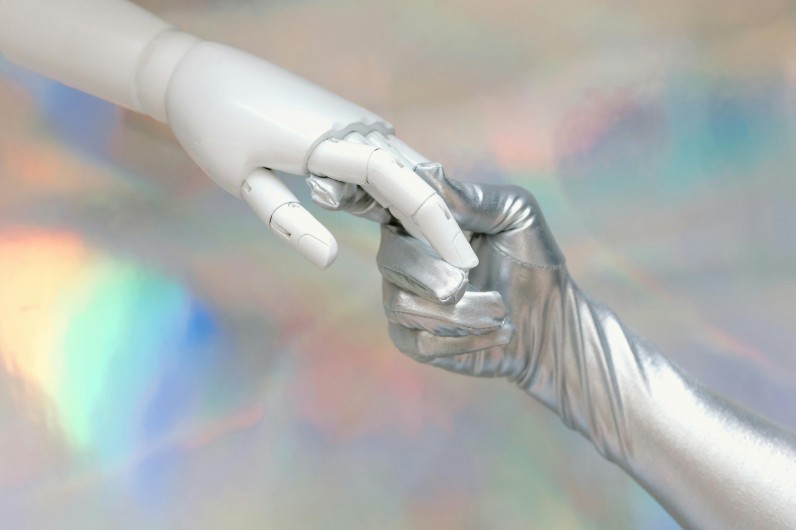
Artificial intelligence is already capable of replacing more than one out of every ten US jobs, and the impact reaches far beyond Silicon Valley, according to a new study released Wednesday by the Massachusetts Institute of Technology.
Researchers say AI could take on 11.7% of the nation's labor tasks today—equal to as much as $1.2 trillion in wages across finance, health care, and professional services.
The findings come from the "Iceberg Index," a large labor-simulation tool built by MIT and Oak Ridge National Laboratory (ORNL).
According to CNBC, the system creates what the team calls a "digital twin" of the US workforce. It models how all 151 million workers interact, what skills they use, and how those skills might be replaced or supported by AI.
Prasanna Balaprakash, ORNL director and co-leader of the project, said the tool lets researchers see changes before they arrive in real life. "Basically, we are creating a digital twin for the US labor market," he explained.
The Index runs huge simulations using ORNL's Frontier supercomputer, tracking 32,000 skills and 923 occupations in 3,000 counties.
One of the study's biggest surprises is that the visible job losses in tech make up only a tiny part of the full picture.
Tech-related exposure—like coding and IT work—accounts for just 2.2% of total wage risk, or about $211 billion.
🚨 New MIT Study Finds AI Can Already Replace Nearly 12% of the U.S. Workforce
— Chief Nerd (@TheChiefNerd) November 26, 2025
“MIT has built agent clones of 151 million working Americans … in order to identify which jobs are most at risk years before layoffs hit … Let's hope Elon Musk is right then, that we won't need… pic.twitter.com/5RJkZdYTSd
States Use MIT Model to Track Local AI Job Risks
The larger impact lies in routine office and support roles, such as human resources, logistics, finance, and administration.
These jobs, often overlooked in AI forecasts, make up the bulk of the $1.2 trillion exposure, TechSpot reported.
Researchers stress that the Iceberg Index does not predict exactly when or where jobs will disappear.
Instead, it shows what today's AI systems are already able to do and helps leaders test "what-if" scenarios before spending billions on new training programs or policy changes.
Several states, including Tennessee, North Carolina, and Utah, have already partnered with MIT to study their local risks.
North Carolina state Sen. DeAndrea Salvador said the tool's value comes from its local detail. "One of the things that you can go down to is county-specific data... and matching those skills with the likelihood of them being automated or augmented," she said.
The simulations show potential disruption in all 50 states, including rural areas that usually get left out of tech conversations.
The researchers say Iceberg is less a finished product and more a planning sandbox for a future where AI plays a much bigger role in everyday work.







Join the Conversation